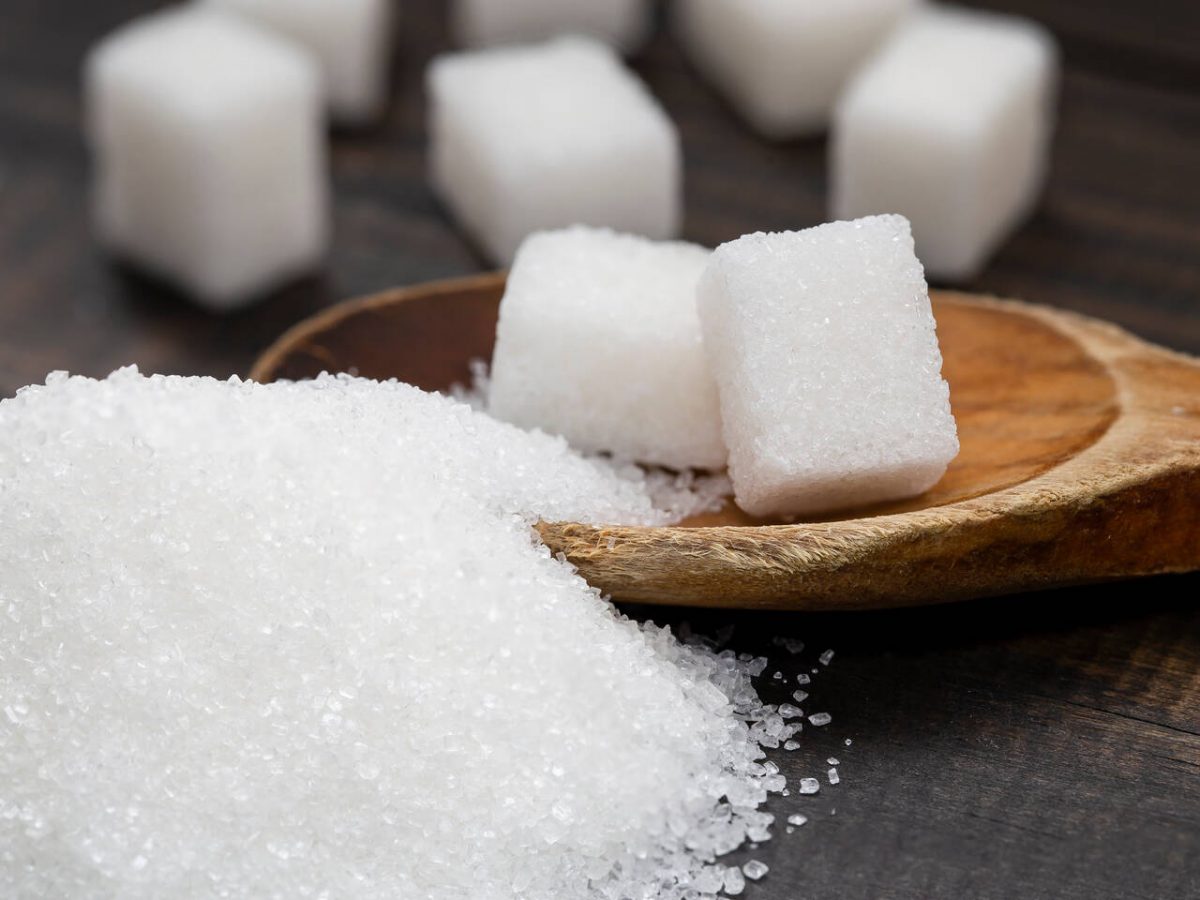Glucose, or grape sugar, is the simplest carbohydrate. It can enter the body with food, or it can be produced in it during the breakdown of more complex carbohydrates (sucrose, starch).
Glucose provides cells with energy, participates in metabolic processes (for example, helps to absorb protein for building muscles), is deposited in the liver and muscles in the form of glycogen, which is a kind of emergency reserve of the body in case of hunger. Glucose is essential for brain function.
How does the body metabolize glucose?
During and after meals, glucose moves from the digestive system into the bloodstream, and blood sugar levels rise. In order for it to enter the cells, the pancreas secretes the hormone insulin – it is this substance that makes the cells ready to receive glucose. As the cells receive glucose, the blood sugar level drops to a constant level.
There may be problems with this process. If the pancreas secretes little insulin or the cells are insensitive to its effects, then glucose does not enter them, but remains in the blood: the cells remain hungry, and the blood sugar is elevated. Then there is a formidable disease – diabetes mellitus: type I, if its cause is a lack of insulin, and type II – if there is enough insulin, but the cells are resistant to it.
Sources of glucose
The main sources of glucose are foods rich in carbohydrates. Carbohydrates can be conditionally divided into «good» («slow») and «bad» (they are also sometimes called «empty» or «fast»).
Sources of «good» carbohydrates: cereals, legumes, vegetables, fruits, rye or whole grain bread, durum wheat pasta – all those foods that, in addition to carbohydrates, contain fiber, vitamins, trace elements, vegetable protein. Their assimilation by the body occurs gradually, does not lead to a rapid jump in blood glucose and thus does not overload the pancreas.
«Bad» carbohydrates are found in pastries, sweets, confectionery, sugary juices and soda. They instantly saturate the blood with glucose, which causes the pancreas to secrete too much insulin at once – this can subsequently cause cells to become insensitive to it.
Glucogenesis
When fasting for more than a day, after heavy physical and nervous stress in the body, a constant low-carbohydrate diet, glucogenesis can start in the body – the synthesis of glucose from lactic acid (it is formed in muscles and red blood cells after a heavy load), glycerol (occurs after fermentation of adipose tissue), amino acids (they are obtained as a result of the breakdown of muscle tissue or proteins entering the body). Glucogenesis from amino acids is dangerous for health and even life, because it can destroy the heart, intestinal smooth muscles, and blood vessels.
SUBSCRIBE TO OUR PAGE TO SEE NEW ARTICLES!
